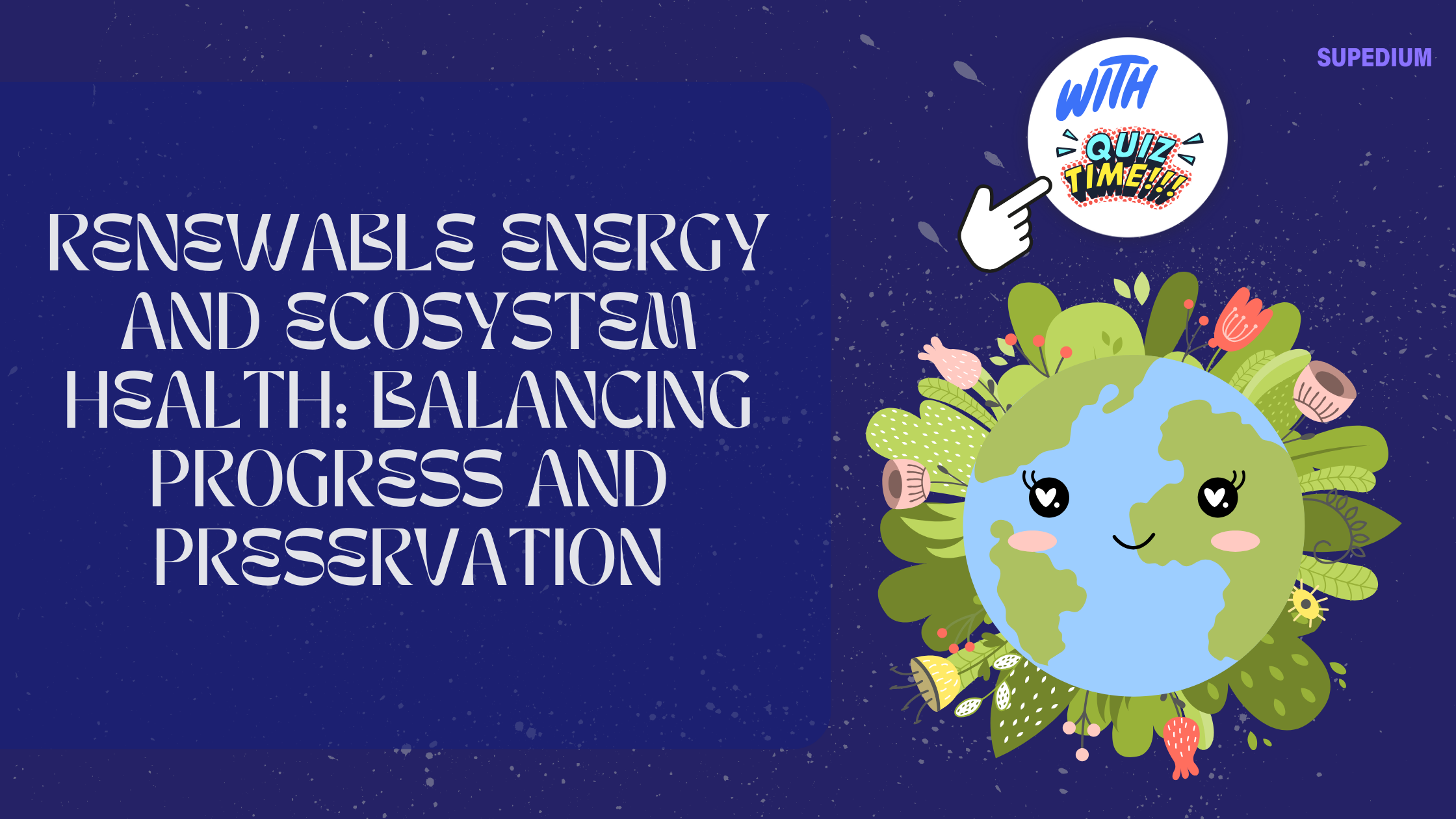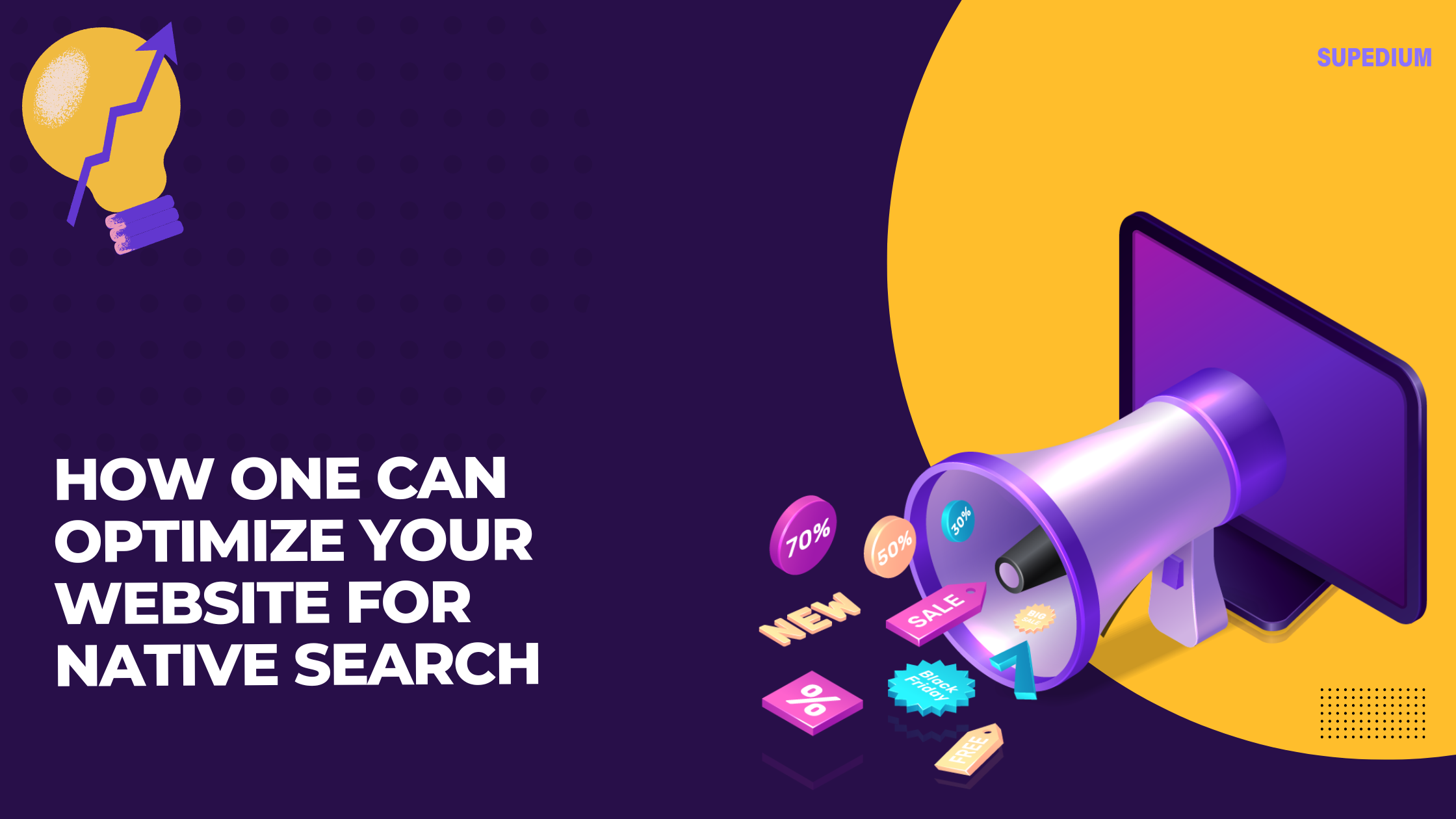Table of Contents
![]()
The shift toward renewable energy is a cornerstone of contemporary efforts to mitigate climate change and promote sustainable development. However, as we embrace technologies such as solar, wind, hydro, geothermal, and biomass energy, it is essential to consider their effects on ecosystem health. Ecosystem health encompasses the overall condition and functionality of natural systems, including biodiversity, ecosystem services, and ecological stability. This article explores the interplay between renewable energy and ecosystem health, examining both the benefits and potential drawbacks of these technologies, and offering strategies for balancing progress with environmental stewardship.
The Benefits of Renewable Energy
Renewable energy offers significant advantages over traditional fossil fuels, particularly in terms of reducing greenhouse gas emissions. Unlike coal, oil, and natural gas, renewable energy sources generate power with little to no carbon dioxide emissions, thereby mitigating climate change and reducing the stress placed on ecosystems. For instance, solar panels and wind turbines produce electricity without burning fossil fuels, leading to cleaner air and fewer greenhouse gases.
In addition to reducing emissions, renewable energy technologies contribute to decreased air and water pollution. Fossil fuel combustion releases pollutants that can harm both human health and natural environments. Renewable energy systems, by contrast, operate with minimal air and water pollution. For example, hydroelectric power plants, though not without environmental challenges, generally produce far fewer pollutants compared to coal-fired power plants.
Renewable energy also promotes sustainable resource management. Unlike finite fossil fuels, renewable resources like sunlight, wind, and geothermal heat are replenished naturally. This sustainability ensures a more stable and long-term approach to energy production, benefiting ecosystems by reducing the pressure on non-renewable resources and supporting conservation efforts.
Potential Impacts on Ecosystem Health
While renewable energy provides numerous benefits, it is not without potential impacts on ecosystem health. The construction and operation of renewable energy facilities can lead to land use changes and habitat disruption. Solar farms, for example, often require large tracts of land, which can lead to habitat loss for local flora and fauna. Similarly, wind turbines can fragment habitats and pose collision risks to birds and bats.
Hydropower, although a low-emission energy source, can significantly alter aquatic ecosystems. The construction of dams and reservoirs can disrupt natural river flows, affect fish migration patterns, and alter water temperatures. These changes can have cascading effects on aquatic life and surrounding terrestrial environments.
Biomass energy, derived from organic materials like crop residues or wood, also presents challenges. The cultivation of bioenergy crops can lead to changes in land use that affect soil health and biodiversity. Additionally, the processing and combustion of biomass can produce pollutants, although typically at lower levels compared to fossil fuels.
Case Studies: Illustrating the Impact
To better understand the effects of renewable energy on ecosystems, several case studies provide valuable insights.
Solar Energy Projects: Large-scale solar farms have been praised for their role in reducing greenhouse gas emissions. However, their impact on ecosystems can vary. In the Mojave Desert, for example, solar farms have been associated with habitat loss for species such as the desert tortoise. Conversely, some solar projects incorporate habitat restoration and land management practices to mitigate these effects, demonstrating that careful planning can reduce ecological impacts.
Wind Energy Projects: Wind energy is celebrated for its low emissions and renewable nature. Offshore wind farms, such as those in the North Sea, generally have fewer land-related impacts and are less disruptive to terrestrial ecosystems. However, onshore wind farms have raised concerns about bird and bat mortality due to turbine collisions. Efforts to develop bird-friendly turbine designs and monitoring programs are ongoing to address these issues.
Hydropower Projects: Large dams like the Three Gorges Dam in China have transformed river systems and created vast reservoirs, impacting both aquatic and terrestrial ecosystems. In contrast, small-scale hydro projects, which often include features like fish ladders to facilitate migration, can minimize ecological disruption while still providing renewable energy.
Biomass Energy Projects: Biomass energy from agricultural waste can help reduce landfill use and provide a renewable energy source. However, the cultivation of bioenergy crops, such as switchgrass or corn, can lead to land use changes that affect soil health and biodiversity. Research into more sustainable biomass practices is essential for mitigating these impacts.
Mitigation Strategies
To address the potential negative impacts of renewable energy on ecosystem health, several mitigation strategies can be employed:
Design and Planning: Careful site selection and planning can minimize ecological disruption. For example, solar farms can be sited on degraded lands or brownfields rather than pristine habitats. Wind turbines can be placed in areas with lower wildlife sensitivity, and hydropower projects can be designed to include features that support aquatic life.
Technology Improvements: Advancements in technology can help reduce the ecological footprint of renewable energy projects. Innovations such as more efficient solar panels, bird-friendly wind turbine designs, and improved waste management practices for biomass energy can all contribute to minimizing environmental impacts.
Regulations and Policies: Implementing and enforcing environmental regulations is crucial for ensuring that renewable energy projects adhere to sustainability principles. Environmental impact assessments (EIAs) can help identify potential issues and guide project development to avoid or mitigate negative effects. Policies that incentivize eco-friendly practices and technologies can further support the integration of renewable energy with conservation efforts.
Future Directions
As renewable energy technologies continue to evolve, several emerging trends and areas of research offer promise for improving their environmental impact:
Emerging Technologies: New technologies, such as floating solar panels and advanced wind turbine designs, hold potential for reducing land use and habitat disruption. Integration of renewable energy with conservation strategies, such as creating wildlife corridors around wind farms, can also enhance ecosystem health.
Research and Monitoring: Ongoing research into the ecological impacts of renewable energy and monitoring programs to assess long-term effects are vital for understanding and managing these impacts. Continued investment in research will help identify best practices and improve the sustainability of renewable energy projects.
Public Awareness and Involvement: Educating stakeholders and involving communities in decision-making processes can foster greater awareness of the ecological impacts of renewable energy. Engaging the public in conservation efforts and sustainable practices can support a more balanced approach to energy development.
Conclusion
Renewable energy plays a crucial role in addressing climate change and promoting sustainability. However, it is essential to consider and address its potential impacts on ecosystem health. By balancing the benefits of renewable energy with thoughtful planning, technological advancements, and effective regulations, we can ensure that our transition to cleaner energy sources also supports the health and resilience of natural ecosystems. Through ongoing research, innovation, and community engagement, we can create a sustainable future that honors both our energy needs and the natural world.






Be the first to comment